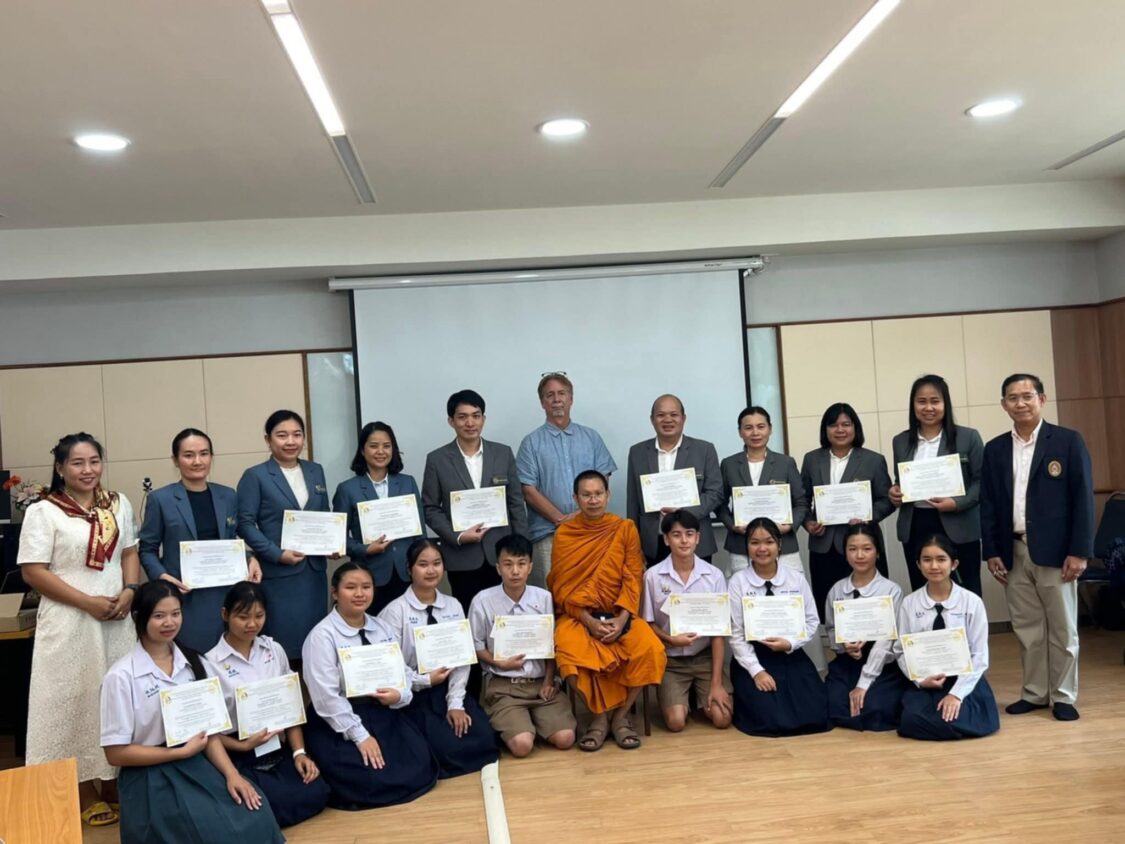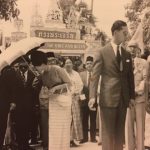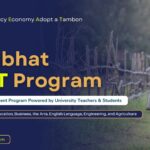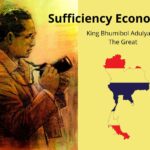The 1st English Dhamma Talk Project, Sakon Nakhon Thailand

Today, while much of Thailand was dodging rain showers, some students in Sakon Nakhon were preparing to do something quite unusual: deliver Buddhist teachings — not in their native Thai, but in English.
It was all part of the 1st English Dhamma Talk Project, held at Sakon Nakhon Rajabhat University on July 3, 2024. The event was hosted by the university’s Faculty of Humanities and Social Sciences in collaboration with the Sawang Daen Din School and Akat Amnuai Suksa School, local secondary schools with mini English programs.
The project was coordinated and directed by Dr. Phutthachak Sitti, with the kind permission of Assistant Professor Dr. Pokkasin Chatiphod, the Dean of the Faculty of Humanities and Social Sciences. I had the honor of serving on the evaluation committee, listening as students stepped onto the stage and into a space that asked them to blend tradition with transformation.
Presiding over the event was Phra Maha Jai Khemajitto, Assistant Abbot of the famed royal temple Wat Chana Songkhram in Bangkok. His presence lent the day a quiet gravity — a sense of lineage and purpose. With grace and warmth, he honored Isaan’s culture, traditions, and way of life, and how it has created a society where good deeds form the foundation of development.
Students delivering a Dhamma Talk were invited to reflect on two themes:
“The Benefits of Ordination in Buddhism” and
“Thai Traditions and Culture from Buddhist Teachings.”
They were divided into 3 groups, with 3 students in each group. Their voices carried a mix of nervousness and determination — the kind that often comes with saying something meaningful for the first time in a new language. Some told stories of family members entering the monkhood, of how the experience brought calm and direction. Others traced the threads of Thai custom — giving alms, wai greetings, Loy Krathong — showing how ancient values and traditions still live in modern lives.
Two of the student speakers celebrated the life of Queen Sirikit (the wife of the late King Bhumibol Adulyadej the Great), who to them was a role model in the way she vigorously supported Thai Buddhism and traditional Thai arts and crafts.
The English wasn’t always fluent. There were stumbles, pauses, sometimes long silences. But beneath it all was something steady and beautiful: the intention to communicate not just words, but wisdom. As a listener, it was impossible not to be moved.
There were scholarships awarded, certificates for all, and many rounds of applause. But the greatest reward, I think, was the way the Dhamma Talk project made students see their own culture with fresh eyes — and gave them the courage to speak about it with pride, even in a borrowed tongue.
It’s the kind of project that stays with you. One where you remember not just what was said, but how it felt to be in a room where tradition met aspiration — where ancient teachings were spoken by young voices, in English, in Sakon Nakhon, on a rainy day in July.
- The 1st English Dhamma Talk Project, Sakon Nakhon Thailand - July 8, 2025
- Affirmations in Buddhism & Thailand - June 7, 2025
- Speak Thai Naturally Without the Gymnastics - April 20, 2025




